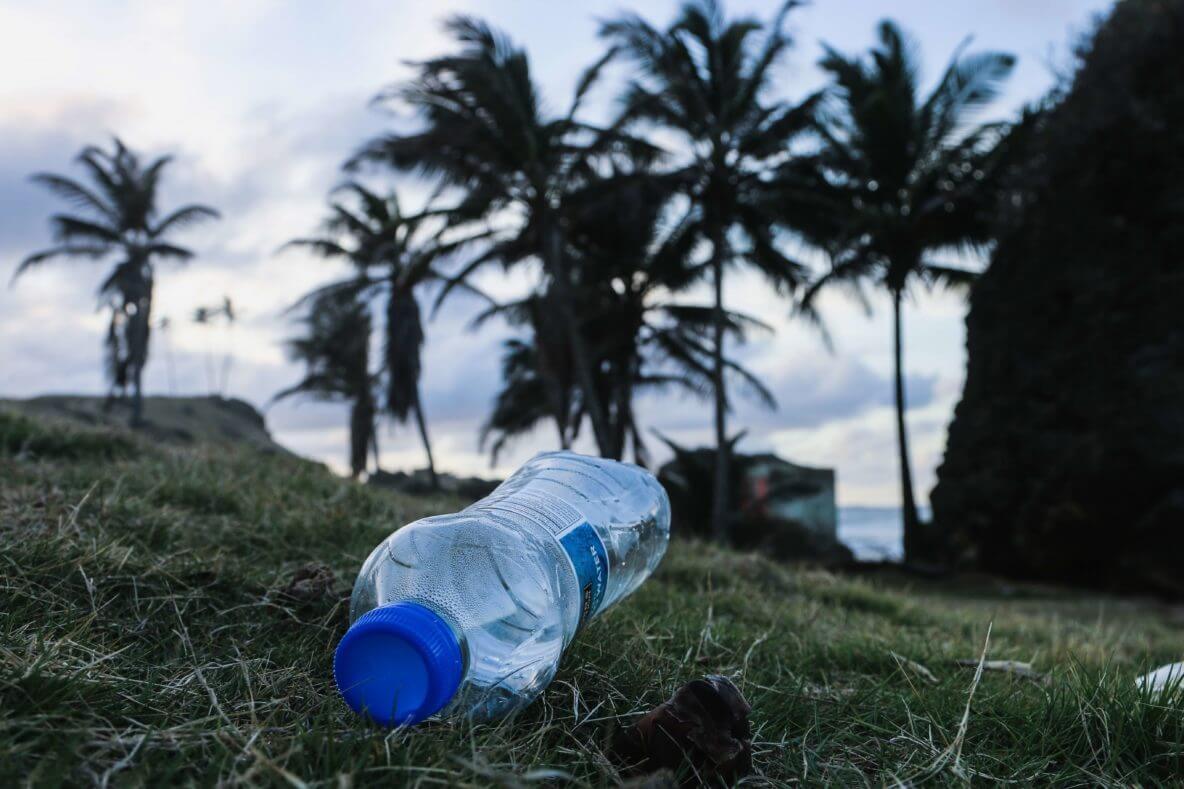
Table of contents
Why zero waste is not the only solution
We have now spoken several times on this blog about zero waste and also about the importance and advantages of this approach (“The zero waste lifestyle”, “The zero waste principle”).
We also discussed that zero waste is not always 100% feasible and that that is okay. Building and implementing such a lifestyle can be time-consuming and challenging. Maybe you don't have the confidence to implement zero waste at the beginning or personal circumstances such as where you live make it difficult to achieve a zero waste lifestyle.
It is important to me to create greater awareness of the topic. Each of us should start thinking about what we can personally contribute to solving the global waste problem - and this can also be done with alternatives to zero waste.
Reducing waste is generally not easy. Even if we try and it doesn't work out well, that doesn't mean we're failing or just not trying hard enough. We simply have bad cards. The majority of the products or food we need every day are wrapped in some kind of packaging and it can be quite difficult to find a packaging-free alternative. As beneficial and desirable as a zero waste lifestyle may be, it is by far not the only way to support our environment and our planet.
That's why today I would like to introduce you to four alternatives to zero waste that you can use to make a difference. Goodbye excuses!
1. Back to the origins
Getting back to the source means thinking about where the waste comes from - because the real source is the point where something needs to change. Instead of spending time trying to find a plastic-free alternative for our own household (which is great too - no question about it), we can think about how we can have a bigger impact. This can happen, for example, by helping to make life with less waste more accessible for everyone.
What exactly do I mean by that?
You've probably come across (plastic) packaging in the supermarket that shouldn't have been there: for example, 1 kilo of apples packed in a plastic bag with a handle. Of course it's practical; but does that really have to be the case? At least not for me. In such a situation, you can contact the manufacturer (apart from picking up loose apples). This isn't just possible via email or a contact form on the manufacturer's website.
In Germany there is a wonderful free app called “ReplacePlastic” app. It is available on Google Play and Apple Store and can also be used via the website. With this tool, you simply scan the product that you think could be packaged better. The app then sends your feedback directly to the manufacturer.
For a long time I thought that something like that “wouldn’t do anything anyway”. But many manufacturers stick with their plastic packaging because they think that's exactly how we as consumers want it. The feedback is important to express our need and desire for plastic-free packaging. In this way the source of the actual problem can be reached.
Of course, these things cannot be changed overnight. But I think it's important to start a dialogue instead of just being on the other side. The most direct way to let manufacturers know that we are not interested in plastic packaging is to simply tell them.
Of course, this applies not only to the manufacturers of products, but also to problems that we notice in other locations. Cafes and restaurants that use non-recyclable take-out containers or disposable tableware, for example, are sometimes more open to change than one might initially think. Unfortunately, you still often have to actively make them aware of it and create more awareness.

2. Improve waste disposal in your community
Compared to other countries, Germany is already doing a lot to separate waste and recycle it. Nevertheless, it still often happens that entire residential units do not separate waste adequately. Only a fraction of recyclable products are ultimately actually recycled. Compost systems are often not even known to younger generations.
Isn't it up to us, the residents of the community ourselves, to exert enough pressure? Be it the landlord, property manager, local council or politics in general... You can also talk to these authorities and draw more attention to the obvious problems. You don’t have to become the biggest climate activist right away. But just taking part in petitions or social media groups can have more of an impact than you think. Keep your eyes open and take advantage of opportunities!
3. Pick up trash
This point reflects a development that I have recently noticed very positively. More and more families, friends or like-minded people are joining together to pick up rubbish in littered places. I believe that viral videos and documentaries in particular have had a decisive influence on this. Because they often show frightening images. Pictures of birds, fish and other animals suffering or even dying from littering. The documentaries often address the problem of plastic on beaches and in the oceans.
But these things don't just happen far away. The animals in our gardens, parks and city centers can also be directly affected. Therefore, you might also consider going out yourself or with others and thus directly counteracting littering.
In Sweden”plog" more and more people. "Plogging" is a combination of the words "plocka upp" (Swedish for "to pick up") and "jogging". So as you can probably imagine, people go jogging and pick up garbage. Picking up garbage not only helps the environment, but also makes us feel good. Especially in a community, such an action can create solidarity and meaning.
4. Reduce your own waste
I know I said at the beginning that this article was intended to show alternatives to zero waste. Nevertheless, I would like to briefly point out again that small changes can make a big difference. Because even if it's just small changes in your habits at first, it can make a bigger difference in the long run than if you tried to live completely waste-free for a month and then stopped because it was too overwhelming.
Every environmentally conscious decision, no matter how small, helps reduce waste. Every time you decide not to use a straw or a disposable container, you are doing something good for the environment. Even if your contribution doesn't seem significant at first, it certainly is!
In previous blog posts (“The zero waste lifestyle”, “The zero waste principle”) you will get even more concrete suggestions on how zero waste can be implemented.
This four-part list is certainly not complete or exhausted. Since I wanted to keep the article clear, I limited myself to the points above - if you have any other suggestions or know other alternatives to zero waste, please share them with us in the comments.
If you would like to find out more about the topics of sustainability, mindfulness or healthy eating, take a look here over.










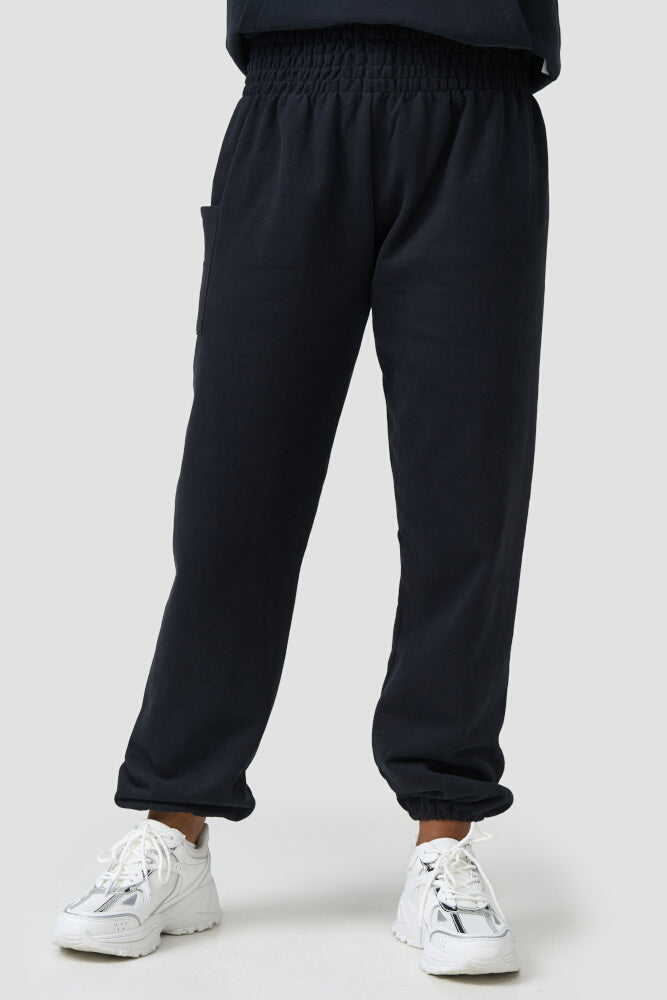
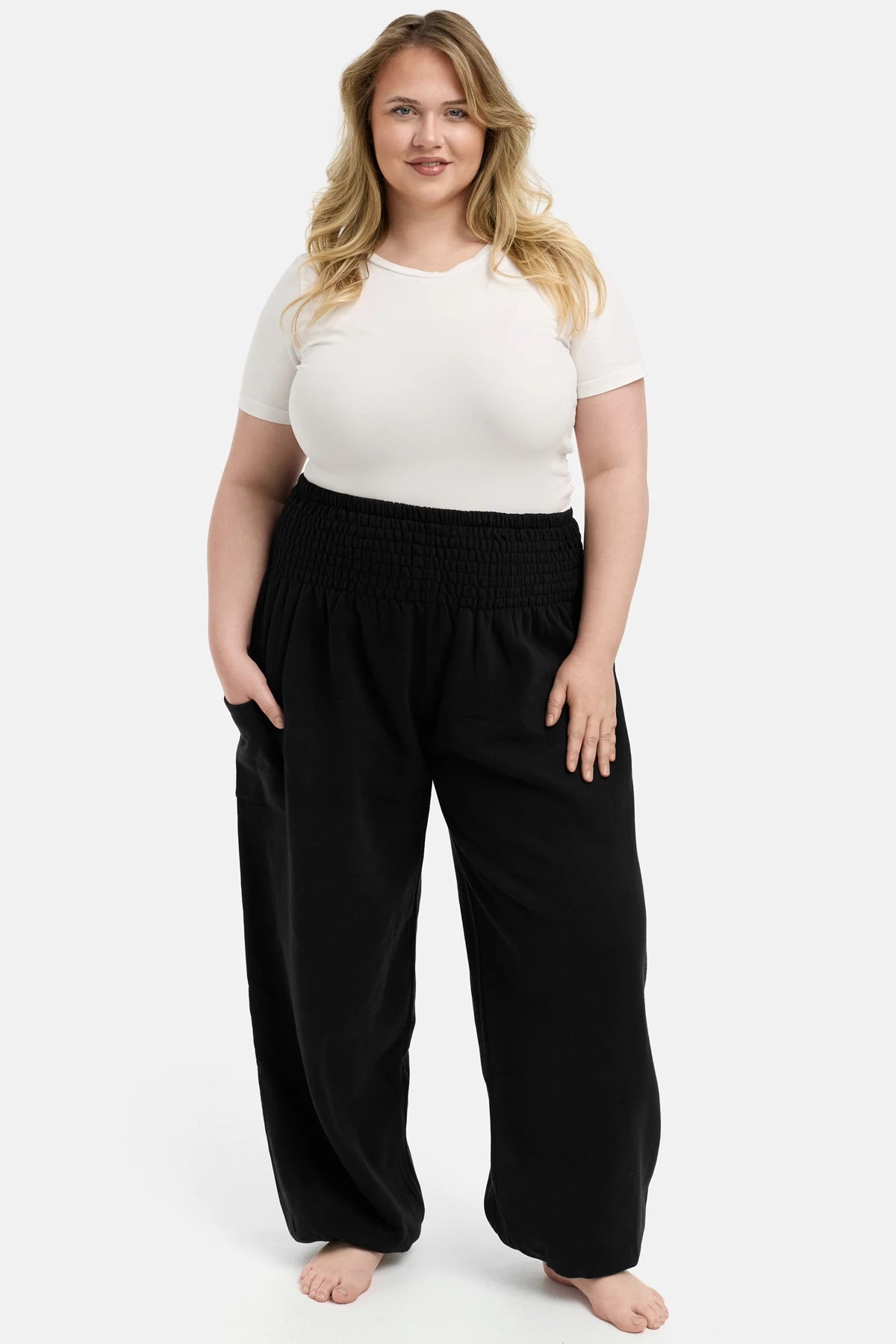


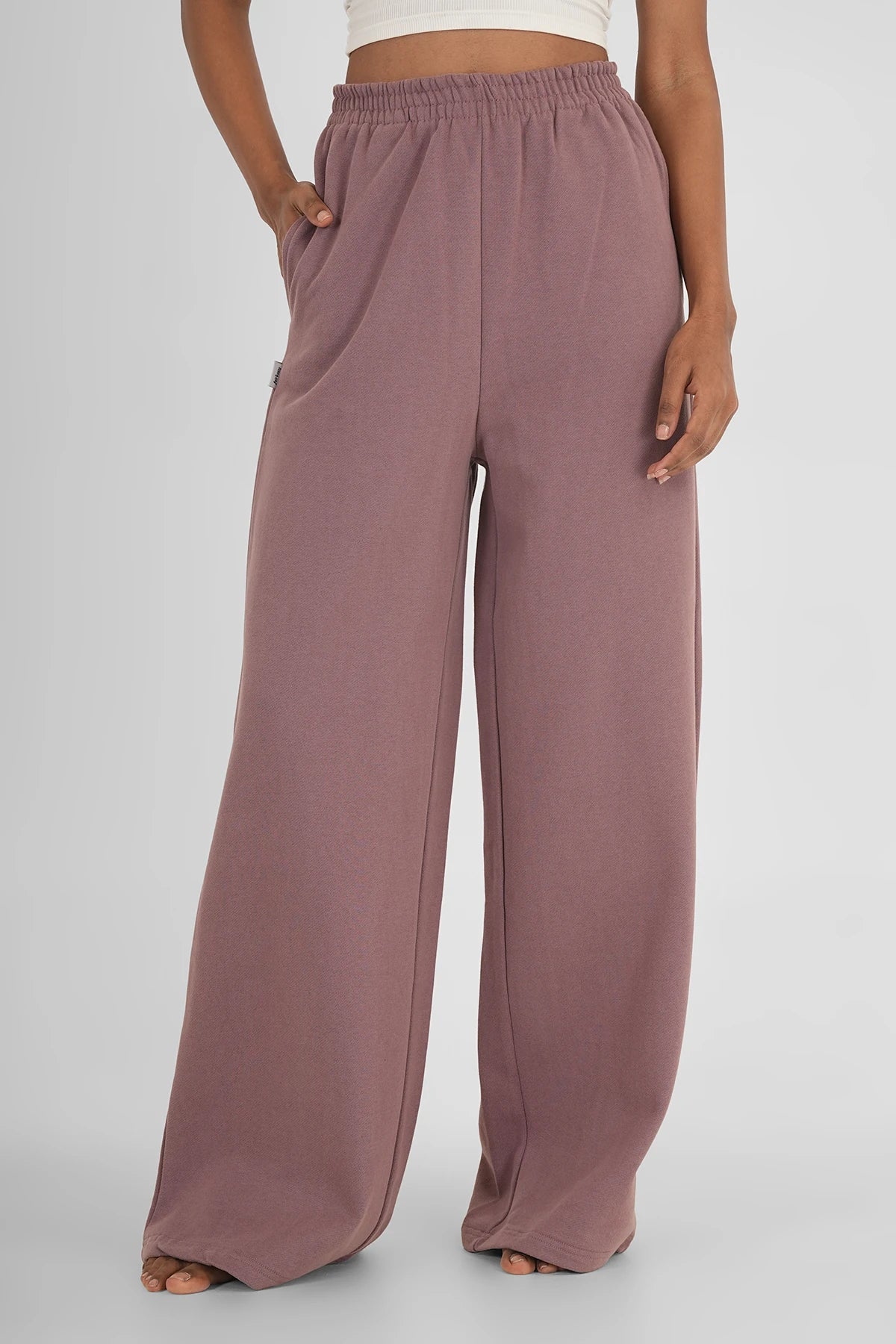

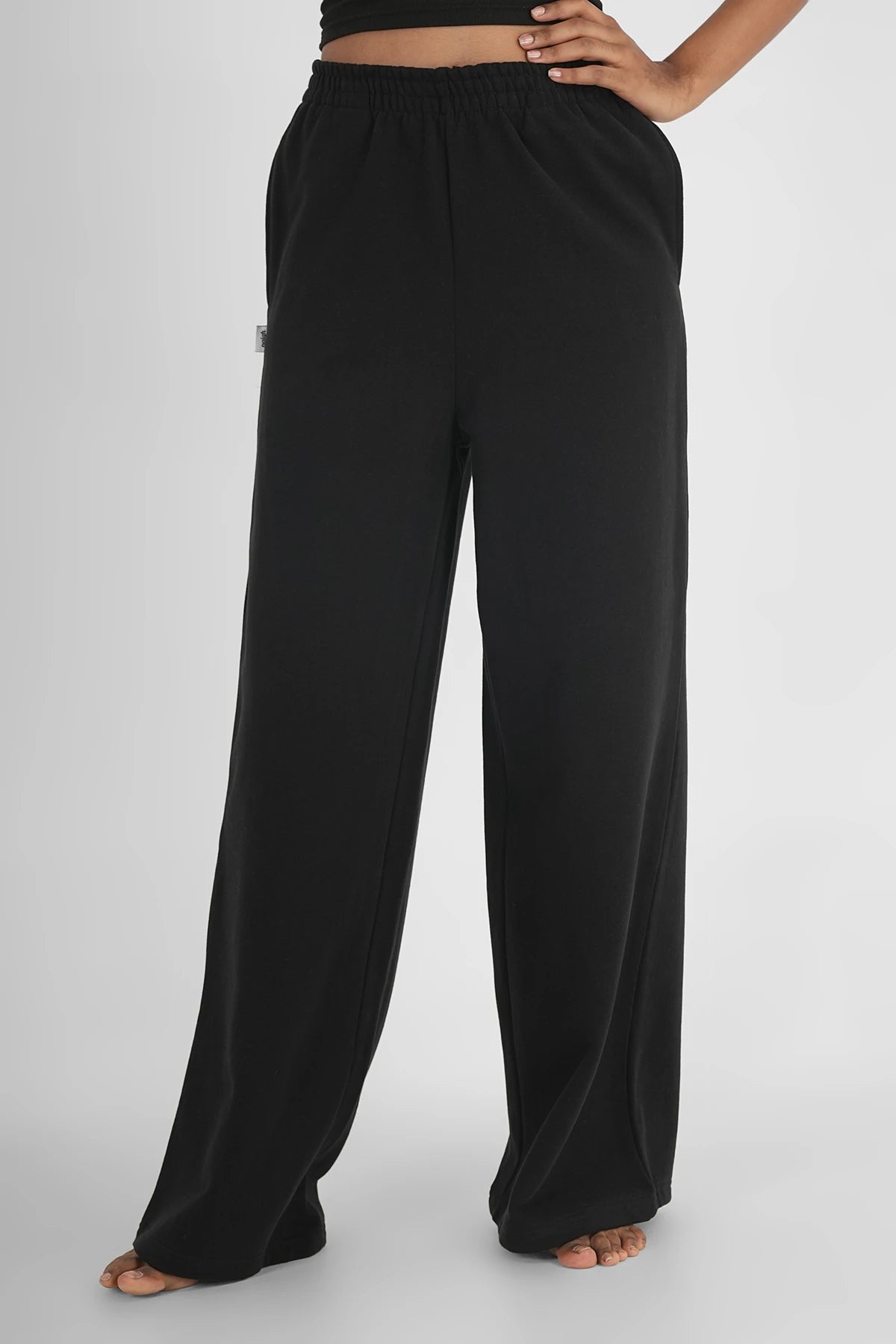



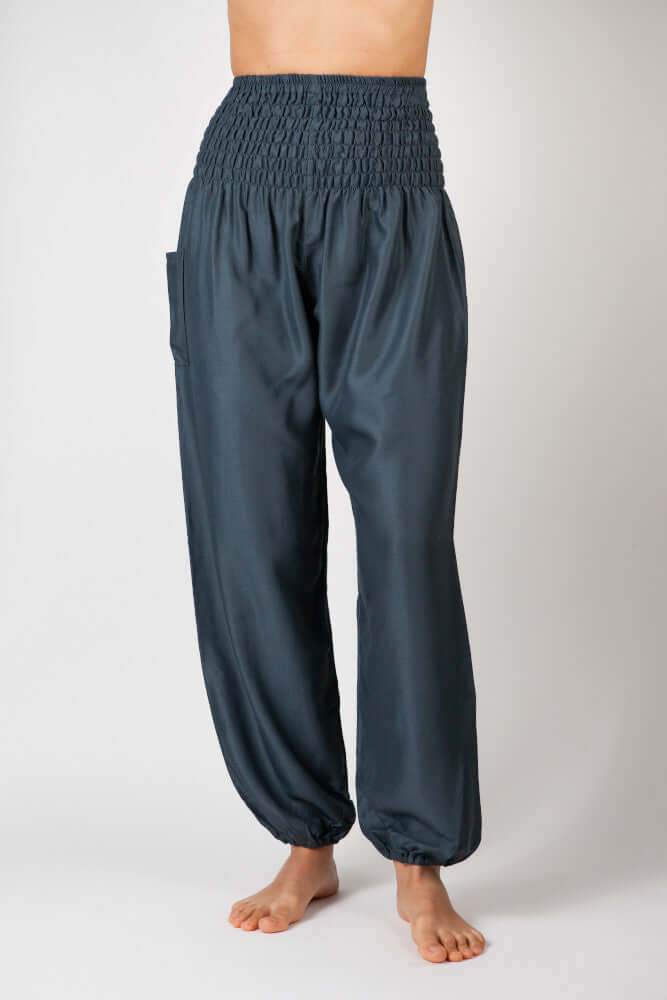

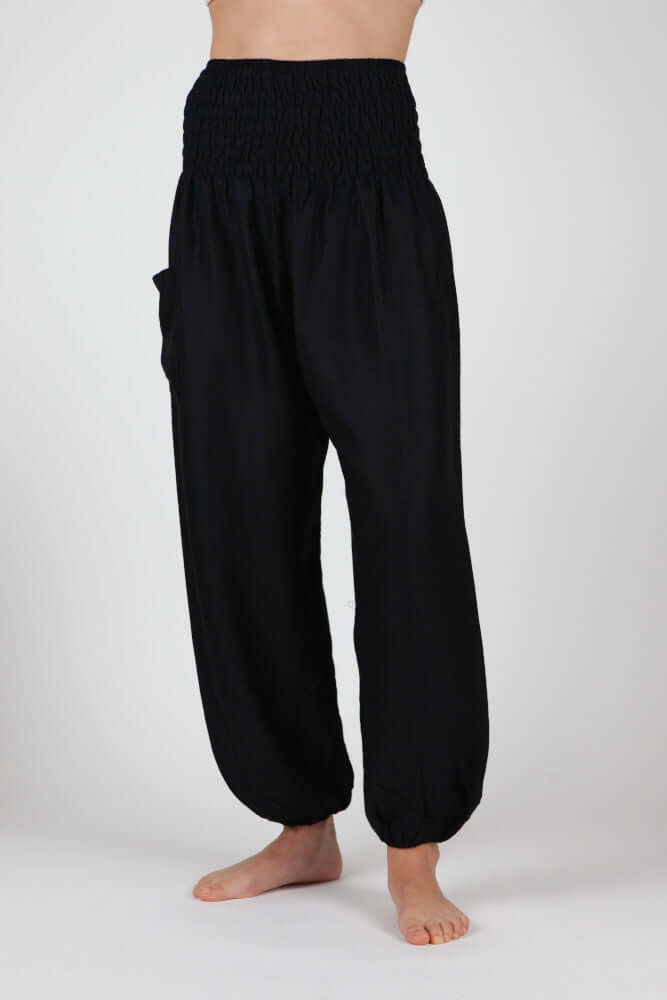
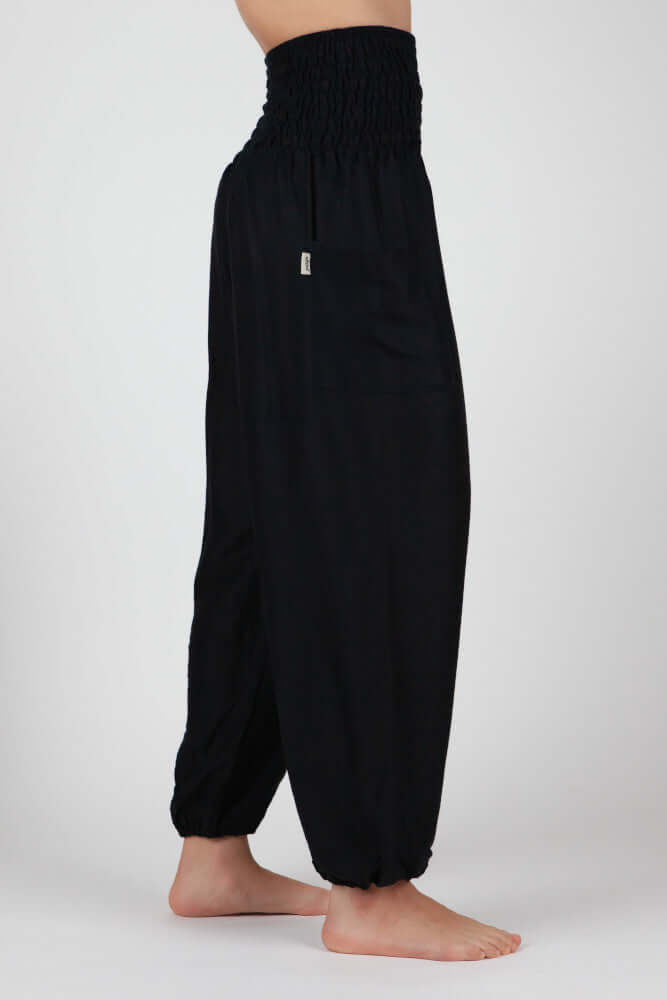
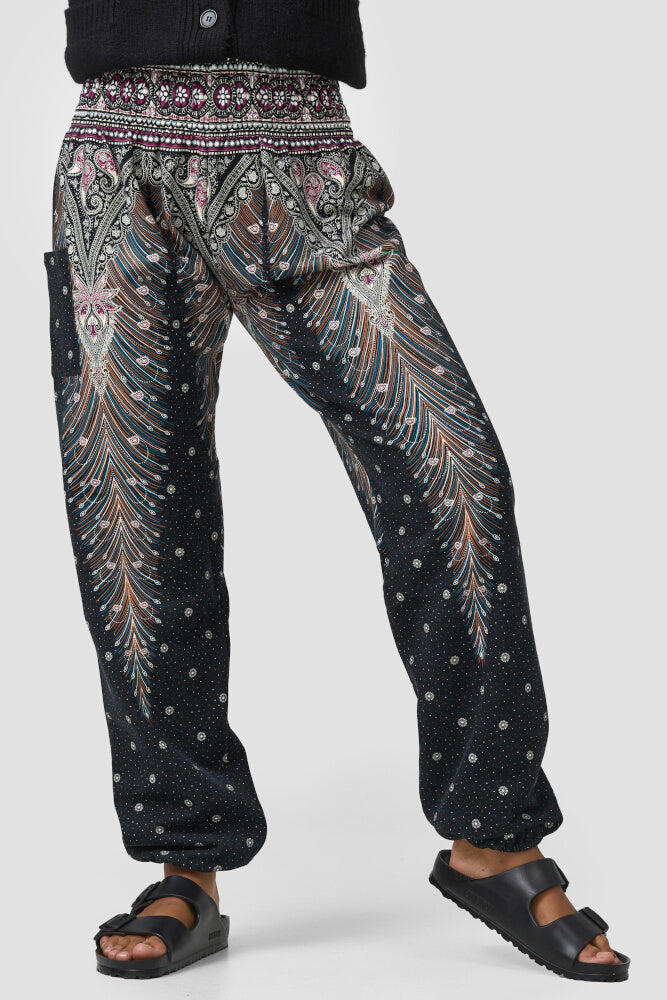
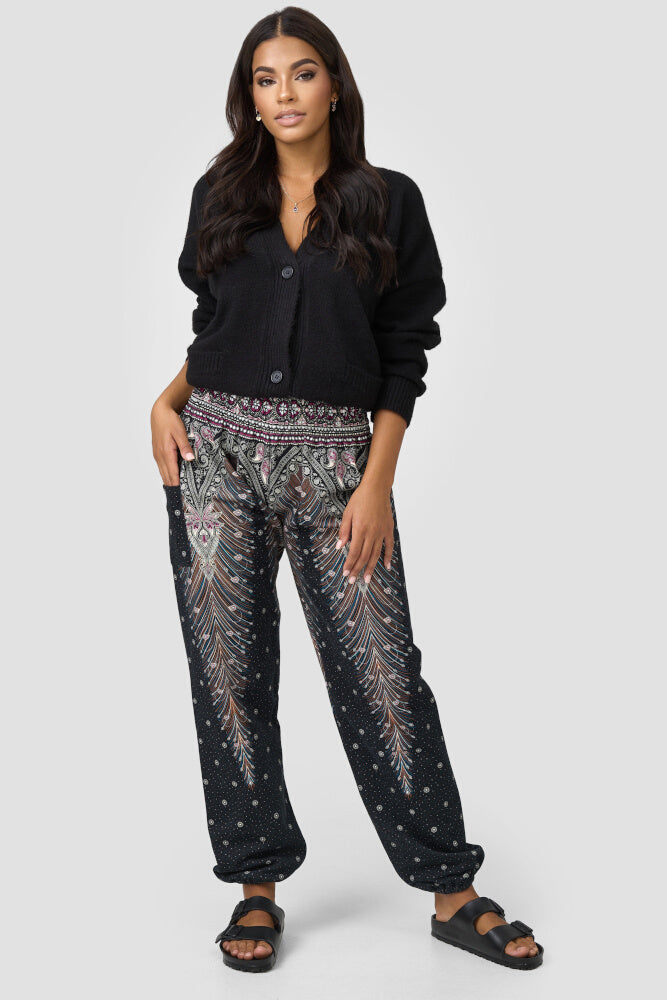
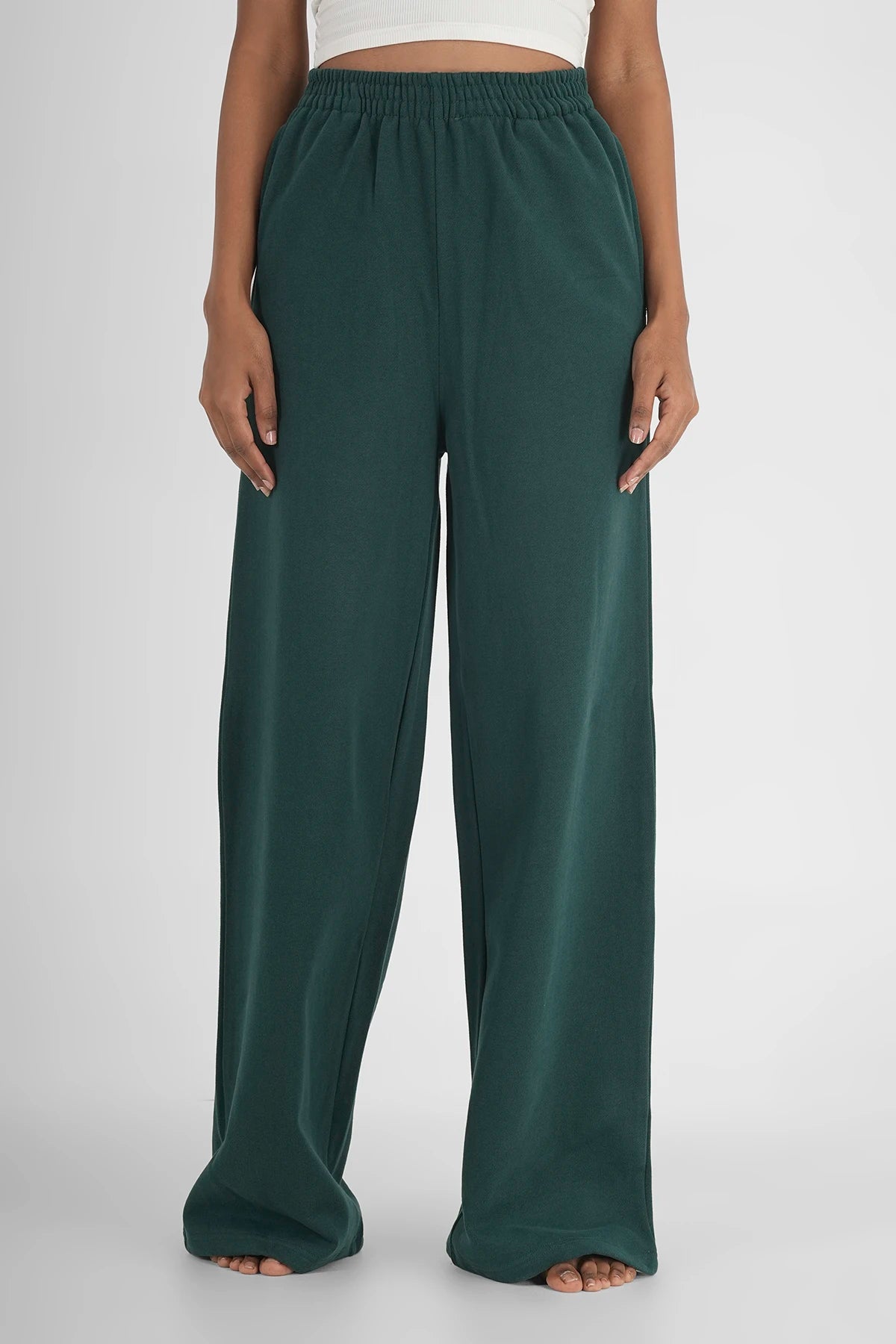

Leave a comment
This site is protected by hCaptcha and the hCaptcha Privacy Policy and Terms of Service apply.